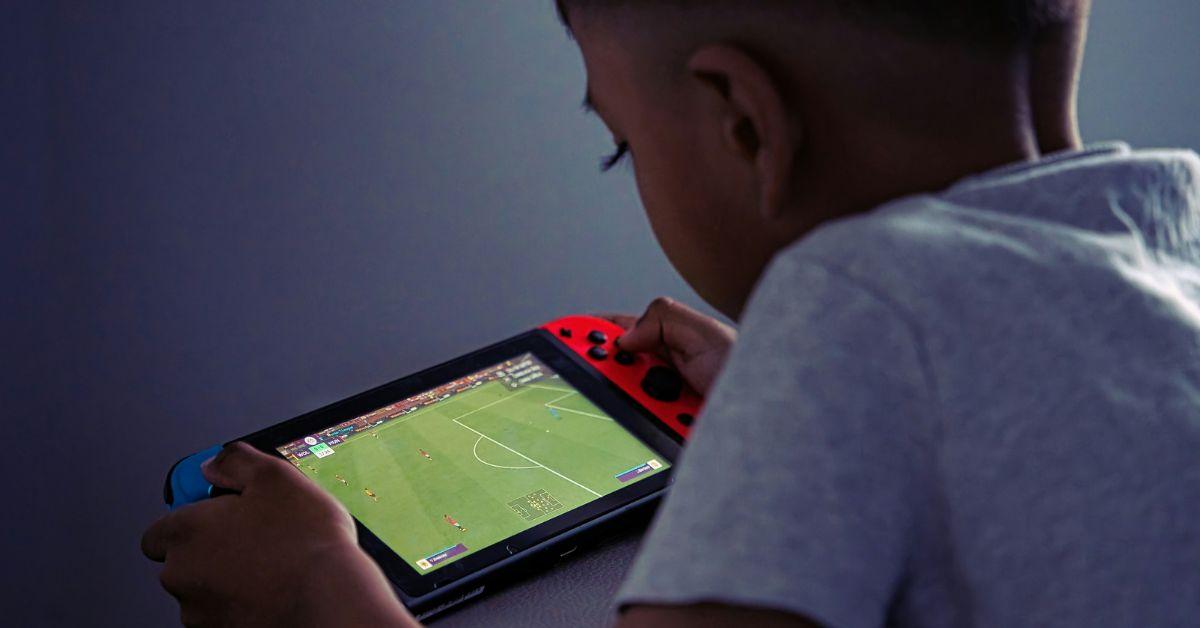By: Emily Bemmer
Feeling frustrated about your kids’ level of screentime? Feeling powerless about how to see change?
You’re not alone. Current research estimates that 85% of 5-12 year olds are exceeding the recommended daily limits on screen time (2 hours per day, not including screentime for school related learning). Only 15% of kids are meeting screentime limits, so it’s an area most parents want to grow in. You can view details of the national guidelines here.
Thinking rightly about what/when/where and how of screen time is important – you can read more on that in this blog by my colleague Katelyn Tasker.
Think ahead about screen-time alternatives
We can blame screens for blue light, or exciting content, but one of the key motivations for screen time is often connection – for teens with friends online, for seeing what friends are up to on social media.
Connection with others is a human need, and so to reduce the amount of time on screens, it’s helpful to pre-plan alternatives. You might brainstorm with your kids how they can spend time with their friends not online (going to the pool in summer, walking to the shops for an ice-cream, having friends round for board games).
What is going on for me?
Be mindful of your own anxieties, often as parents it can be difficult to tolerate the idea of boredom for our kids, or it can feel like an easy way to avoid fights or ease a long wait. Planning ahead with alternative activities, or allowing your child to decide where their screen time fits in the day can be helpful (e.g. do they want screen time in the car, or after dinner at home).
Figure out what will help you to follow through on decisions, perhaps making the decisions together as family, using timer systems, parental controls, or talking it through with other parents. It’s not easy, but small changes can make a big difference. Remember, being bored is okay and is associated with increased creativity!
Get involved and communicate!
We can blame screens for their blue light, or dopamine-spiking content, but one of the key motivations for screen time is often connection – whether it’s playing games online, hearing what friends are up to, or as an area of common ground for siblings (Why is minecraft the one topic they can discuss for hours?)
What kids love more than screentime is meaningful connection. Why not make time to play the games alongside them, or talk to them about what funny reels they’ve seen. It can feel like a whole new world, but it’s the world kids are growing up in. Understanding what they enjoy about screentime can also help you to communicate and set limits, you understand why they enjoy it, but are helping them set up self-discipline skills they’ll need for all of life.

Model it where you can
This is by far the hardest part, but it’s difficult for us to ask our kids to do something that we’re not willing to do ourselves. The factors that can make social and online media so addictive for teens and young kids are the same processes for adults as well! Using inbuilt aspects of your smart phone or downloading applications (like this one) to help you keep track of your phone usage and give you back control can be really helpful.
Ensuring consistency within the family (no phones at the dining table, or after a certain time) can help kids follow expectations, and it’s great to model for your kids how you wind down and enjoy life without a screen in front of you.
Finding this a tricky area to work through makes sense (85% of kids have more screentime than recommended!) Remember to be kind to yourself, what works in one season may not work in another, and it will be a constant process of learning and re-evaluating to find what works best for your family.
Article supplied with thanks to The Centre for Effective Living.
Feature image: Photo by Kelly Sikkema on Unsplash
About the Author: Emily Bemmer is a psychologist who works in the areas of depression, anxiety, emotional regulation, life transitions, social skills, and family dynamics.

